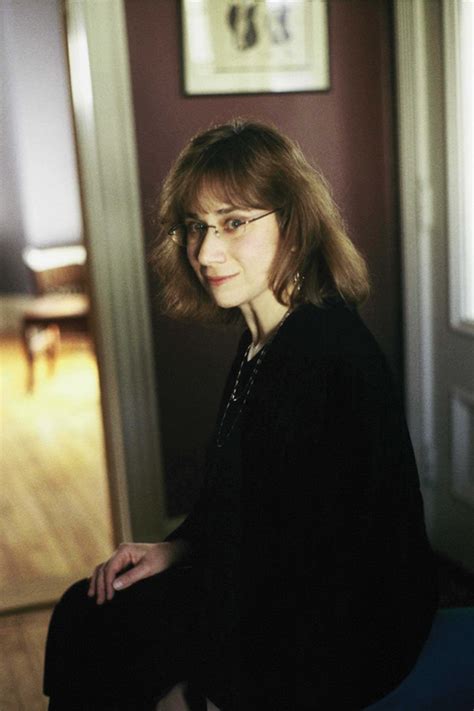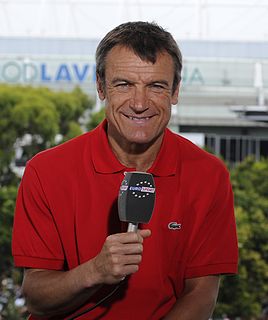A Quote by Tom Rachman
I hadn't been a particularly precocious reader, but everybody else in my family was.
Quote Topics
Related Quotes
How much he was shaped by being in the hospital so much as a kid. Because he was sick, he was a reader, and because he was a reader, Kennedy had heroes. Because he had heroes, he went into politics. [Kennedy liked Sir Walter Scott, King Arthur's knights, and biographies of political leaders.] If he hadn't been sick, he might have been like everybody else in the family, a jock.
In my couple of books, including Going Clear, the book about Scientology, I thought it seemed appropriate at the end of the book to help the reader frame things. Because we've gone through the history, and there's likely conflictual feelings in the reader's mind. The reader may not agree with me, but I don't try to influence the reader's judgment. I know everybody who picks this book up already has a decided opinion. But my goal is to open the reader's mind a little bit to alternative narratives.







































